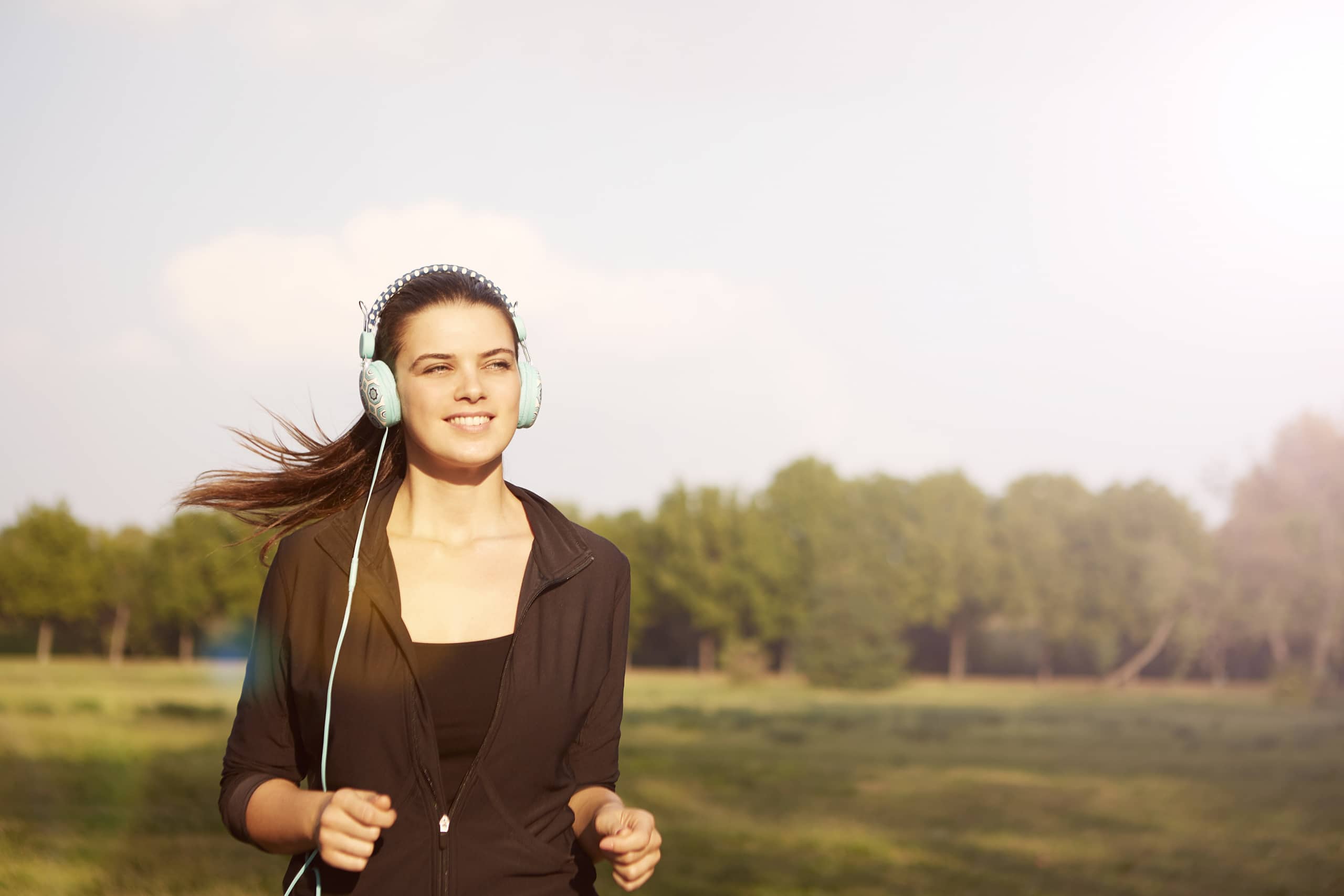How does exercise affect mental health?
What we’ll cover
How does exercise affect mental health?
As everyone is acutely aware, the COVID-19 has affected everyone in one way, shape or form. Exercise is one of those activities that has been difficult to maintain particularly for those who regularly went to the gym or group fitness classes. Motivation to exercise during these times can be quite low especially trying to fit a workout in the confines of your own home. There are a range of online options and social media is full of videos demonstrating home workouts substituting common gym equipment with items in your home. Our clinic has a range of online supervised exercise programs including our Telefit program.
Despite these difficult times, exercise for many, is an imperative way to maintain one’s positive frame of mind and to simply pass the time. Exercising whilst following appropriate social-distancing is another great way to remain social and improve our mental health. Our physiotherapist Vernon Mittal investigates the relationship between exercise and mental health.
Beyond Blue has outlined four ways that exercise has a positive influence on mental health:
1. Promotes release of “feel-good” chemicals in your brain such as serotonin (5-HT) and dopamine (DA)
2. Enables a better night sleep which makes you feel energised the next day
3. Gives you a sense of accomplishment as you tick off fitness/exercise goals
4. Improve your social connection as exercise is commonly done in group situations
Dopamine and serotonin release are the key pillars when discussing exercise and mental health. Despite their own individual functions in the body, they are both neurotransmitters/hormones that play a critical role in emotional well-being, sleep and memory. They are commonly referred to as “happy hormones” which is essentially what happens when these hormones are released during exercise; it makes you feel happy.
In relation to exercise, higher levels of dopamine and serotonin are released in the brain which improves mood, enable better sleeping patterns and allows people to make better eating options. This is why exercise is critical in the fight against depression which exhibits the opposite benefits. The type of exercise is not readily understood however some research has shown that particularly aerobic exercise (running or cycling) leads to high levels of dopamine and serotonin release which is why you may have heard of “runner’s high”. Simply put, any form of “meaningful” exercise is appropriate for release of “happy chemicals”.
Outside of hormonal release, being able to have purpose or achieve certain exercise goals gives one a sense of accomplishment. Currently, the wider community may be struggling with purpose during their day as social distancing restrictions are in play. Being able to exercise at home daily or go for a solo run/cycle can help provide structure to your day and maintain your own individual exercise goals. Linked to this, exercise enables one to “shut off” from negative thoughts and providing a form of “mindfulness” such that you are focusing on your body’s specific movements and nothing else. Tie this in with “happy hormone” release, and you will be in a much better state mentally as well as physically.
Essentially, exercise is a critical component to one’s mental health. It is well documented that exercise improves one’s physical condition but we cannot forget the effect on one’s mental condition. The primary release of “feel-good” hormones particularly serotonin and dopamine directly improves one’s emotional well-being, mood, sleep, diet, etc. Of course, having the right form of exercise, specific to your own goals is a critical step in the process.
Should you feel you need professional help in developing an individual exercise program that can be done at home, please feel free to contact the clinic on 9571 6888 or book online and one of our friendly physiotherapists will be more than happy to help.














